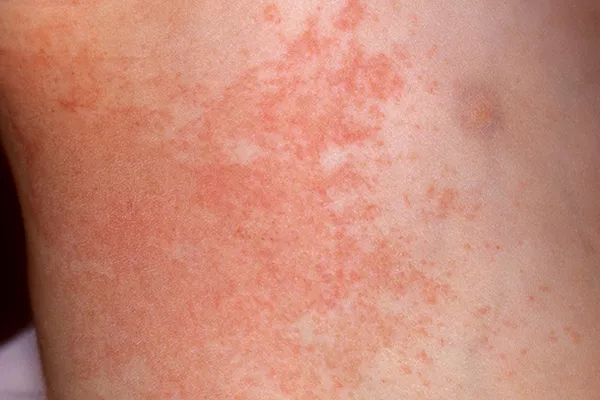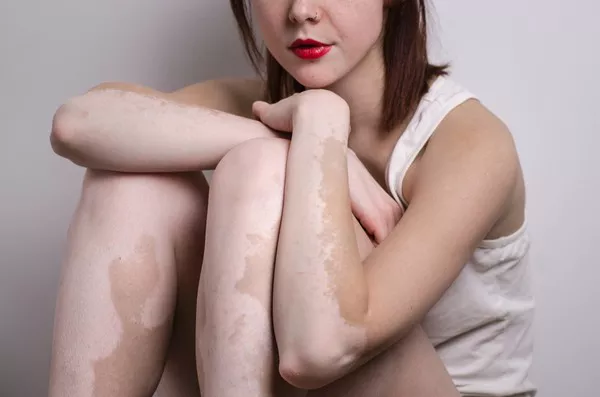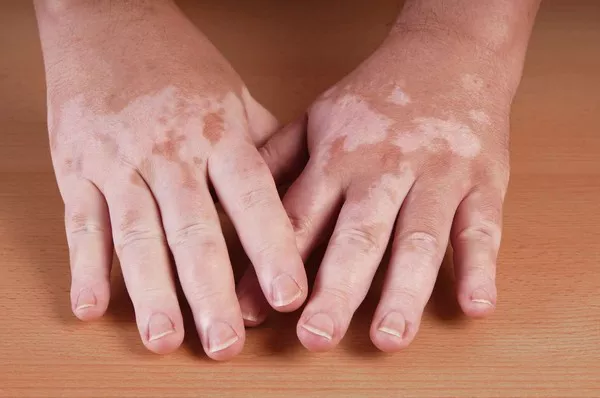Heat hives, medically known as cholinergic urticaria, represent a perplexing skin condition that manifests in response to an increase in body temperature. Characterized by the sudden appearance of small, itchy red bumps accompanied by flushed skin and a prickling or burning sensation, heat hives can significantly disrupt daily life. In this article, we delve into the intricacies of heat hives, exploring their causes, symptoms, diagnosis, and management strategies.
What are Heat Hives?
Cholinergic urticaria, commonly referred to as heat hives, is a type of physical urticaria characterized by the development of hives or wheals in response to an increase in body temperature. These hives typically appear within minutes of the body overheating and can vary in size from small dots to larger welts. The condition is often associated with activities that induce sweating or a rise in core body temperature, such as exercise, hot showers, spicy food consumption, stress, and anxiety.
Mechanism Behind Heat Hives
The mechanism underlying heat hives involves the release of histamine, a key mediator of allergic responses, in response to elevated body temperature. When the body overheats, either due to external factors or internal processes, certain cells in the skin known as mast cells release histamine. This histamine triggers a cascade of inflammatory responses, leading to the characteristic symptoms of heat hives, including itching, redness, and swelling.
Causes and Triggers
1. Body Temperature Increase:
Activities that raise body temperature can serve as potent triggers for heat hives. Exercise, particularly strenuous or intense workouts, is a common culprit, as it induces sweating and elevates core body temperature. Similarly, exposure to hot environments or taking hot showers can provoke the onset of symptoms. Additionally, consuming spicy foods, which can cause a temporary increase in body temperature, may trigger heat hives in susceptible individuals. Stress and anxiety, known to elicit physiological responses such as sweating and flushing, can also exacerbate symptoms.
2. Underlying Medical Conditions:
While heat hives are typically idiopathic, meaning their exact cause is unknown, underlying medical conditions may contribute to their development in some cases. Infections, such as viral illnesses, and autoimmune disorders, like lupus or thyroid disease, have been implicated as potential triggers for cholinergic urticaria. However, it’s essential to note that these conditions are not always present in individuals with heat hives, and further research is needed to elucidate their role.
Symptoms
The symptoms of heat hives typically manifest shortly after the body temperature rises and may include:
- Small, itchy red bumps (wheals) on the skin
- Flushed or red patches of skin
- Prickling or burning sensation
- Increased sweating
- Swelling or puffiness in affected areas
These symptoms often occur on the chest, neck, face, and upper arms, areas prone to sweating and increased blood flow during physical activity or exposure to heat.
Diagnosis
Diagnosing heat hives usually involves a thorough evaluation by a dermatologist or allergist. The healthcare provider will conduct a physical examination, examining the pattern and distribution of skin lesions, and inquire about the patient’s medical history and potential triggers. Allergy tests may be recommended to rule out other conditions that mimic the symptoms of cholinergic urticaria, such as contact dermatitis or allergic reactions to specific substances.
Treatment and Management
Effective management of heat hives revolves around identifying and avoiding individual triggers and implementing appropriate treatment strategies. Key components of treatment include:
1. Avoiding Triggers:
Identifying and avoiding activities or circumstances that provoke heat hives is crucial for preventing recurrent episodes. This may involve modifying exercise routines, adjusting bathing habits to use lukewarm water instead of hot, and reducing consumption of spicy foods. Moreover, managing stress through relaxation techniques or counseling can help minimize symptom exacerbation.
2. Medications:
Various medications may be prescribed to alleviate symptoms and prevent flare-ups of cholinergic urticaria. Antihistamines, both over-the-counter and prescription-strength, can help block the effects of histamine and reduce itching and inflammation. Topical corticosteroids may be recommended for localized relief of itching and redness, while oral corticosteroids may be prescribed for severe or persistent cases.
3. Lifestyle Changes:
Adopting certain lifestyle modifications can complement medical treatment and help control symptoms of heat hives. Wearing loose, breathable clothing can promote air circulation and minimize sweat accumulation, reducing the likelihood of heat-induced flare-ups. Additionally, staying cool in air-conditioned environments and using fans or cooling devices during hot weather can help regulate body temperature and prevent excessive sweating.
Conclusion
In conclusion, heat hives, or cholinergic urticaria, represent a unique dermatological condition characterized by the development of itchy red bumps in response to increased body temperature. While the exact cause of heat hives remains elusive, understanding the triggers and implementing appropriate management strategies can significantly improve quality of life for individuals affected by this condition. By adopting a multidisciplinary approach that addresses both lifestyle factors and medical interventions, patients can effectively manage symptoms and minimize the impact of heat hives on their daily activities.


























